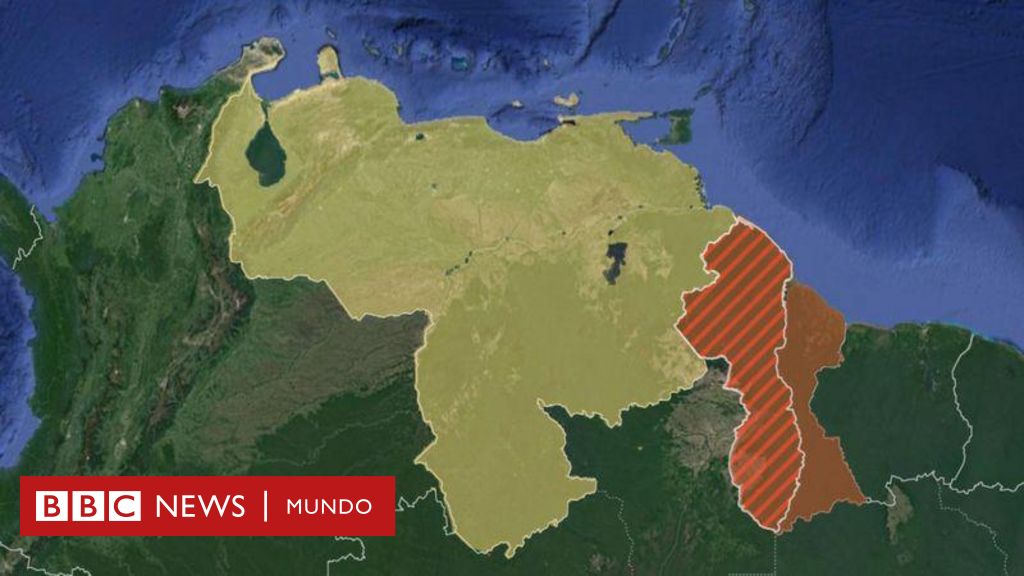The geopolitical situation in the region of the Americas in recent years has generally been one of very good relations, involving cordiality and cooperation. That is, until a week ago when the dictator Maduro of Venezuela began to feel that Venezuelans were opting for the opposition candidate María Corina Machado to serve as president in the next constitutional mandate.
The polls did not favor Maduro, and therefore a scapegoat or smokescreen had to be found that would not only restore some popularity in the face of the 2024 presidential elections, but perhaps more importantly, a cause that would unite the weakened Venezuelan nation. The territory of Esequibo was the perfect excuse for the dictator where, through a referendum, Venezuelans were asked if they consider Esequibo to be part of Venezuela.
The results were as Maduro expected, and Venezuelans voted affirmatively to his question about Esequibo. It seems that even María Corina Machado agrees that Venezuela’s claim on the disputed land should be heard in the International Court of Justice.
The Esequibo has been the source of a territorial and diplomatic dispute between Guyana and Venezuela for more than 180 years. It also makes up two-thirds of Guyana’s territory and has been controlled by Guyana for more than a century. Now, with vast oil fields having recently been discovered in the territory, Maduro has reawakened Venezuela’s claim — based on that strip of land named Esequibo having belonged for a short time to the old Venezuelan Capitania General, a sub-entity of the Spanish Empire, way back in 1776. That is to say, there is little case, no matter how hard Maduro tries, to claim something solid with his arguments.
On the other hand, the government of Guyana, a country until very recently mired in poverty, is today among the countries in the region with the highest GDP due to the discovery of hydrocarbons. However, it is a small country in its demographic distribution — which has not prevented them from responding directly to each of Maduro's provocations.
The United States yesterday announced flights and military practices in the area, arguing that in accordance with international treaties, the Venezuelan government's protest against it is unacceptable.
The UN Security Council has announced the prompt meeting of the Security Council shortly to review the matter and communicate a position and resolution.
The president of Guyana, Irfaan Ali, has recently been in our country of Costa Rica for business meetings with our president Rodrigo Chaves, with an attitude and diplomatic postures that express great respect for our country. We were very pleased and have had great expectations of starting collaborative commercial relationships with our neighbors in Guyana.
Now today, we find ourselves with one more outburst from the dictator Maduro, putting the entire region in tension and danger. He rather should be looking for prompt and effective solutions to the massive migration of Venezuelans leaving their country, causing unrest wherever they go.






